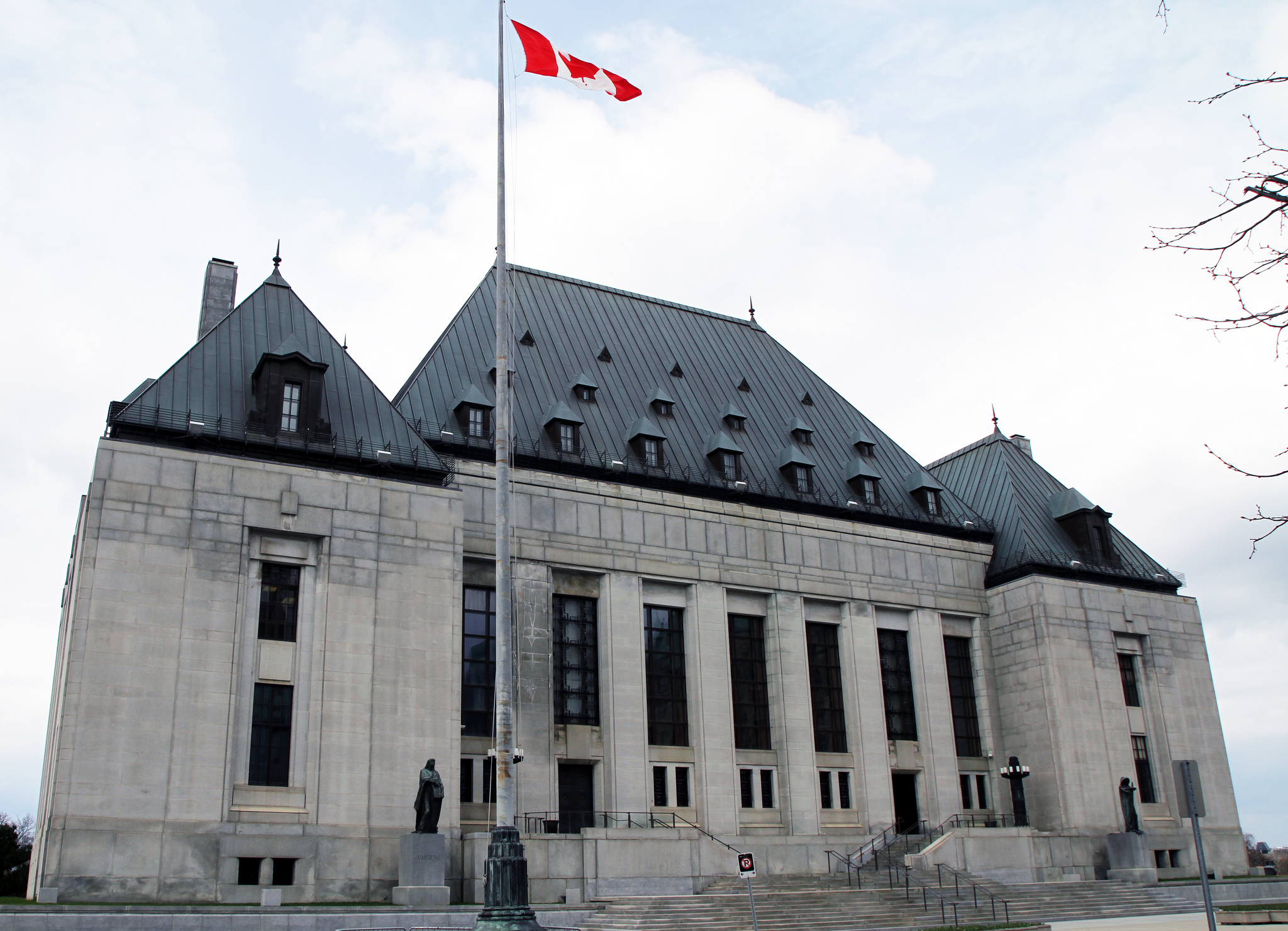The Supreme Court of Canada has ordered that federal lawyers must be paid when they are on standby.
In a 7-2 decision handed down on November 3, the country’s highest court agreed with a previous decision that said it was unreasonable for lawyers not to be paid for their scheduled standby shifts. It ordered the government to pay lawyers when they are on standby.
Ursula Hendel, president of the Association of Justice Counsel (AJC), the union representing lawyers, said the court’s decision affirms the importance of the labour movement.
Hendel, a former terrorism prosecutor, said lawyers are willing to work flexible hours, and understand they need to respond to matters after work hours.
“We just wanted recognition that (standby is) part of work. It’s part of employment and we deserve compensation,” she said, describing the whole case as, “extremely litigious.”
The decision comes seven years after the AJC first filed grievances against the government on behalf of immigration lawyers in Quebec. The union said it was unreasonable that lawyers weren’t being paid for being on standby. It also argued the travel and activity restrictions placed on lawyers while on standby violated their constitutional right to personal liberty.
In the 1990s, the government established a standby shift system so lawyers would be available to respond to urgent matters outside of work hours. Lawyers could volunteer for the shifts, which were from 5 p.m. to 9 p.m. on weeknights, and 9 a.m. to 9 p.m. on weekends. They got 2.5 paid days off for every week of weekday shifts and weekends, with more compensation if they were on standby during holidays. They were paid even if they did not respond to a call during these shifts.
During standby, lawyers had to have government-issued pagers or phones with them and be able to get to their offices within an hour.
In 2010, the lawyers were told they would only be paid if they responded to a call during standby. After this change, not enough lawyers agreed to volunteer for the shifts. Standby became mandatory. All qualified lawyers had to cover weeknight and weekend shifts between one and three weeks a year. They were allowed to switch shifts with each other.
According to evidence presented in court, immigration lawyers in Quebec responded to only six weekend cases in 2010. It was unclear how many calls they responded to during weeknights.
The new rules came after the lawyers and government agreed to a new contract in 2009. It made more lawyers eligible for overtime pay, with some senior lawyers still only eligible for paid leave. The contract or job description did not say anything specific about standby duty. The contract did say employers needed to use their management rights in a reasonable way.
The AJC filed a grievance on behalf of immigration lawyers in Quebec. A federal labour adjudicator agreed the new rules were unreasonable and violated workers’ constitutional rights. The government was ordered to stop the unpaid, mandatory standby.
The government appealed that decision. The Federal Court of Appeal agreed with the government.
On November 3, the Supreme Court of Canada upheld the original decision that not paying lawyers for standby was unreasonable. It’s clear that lawyers need to work outside of regular hours, the decision says, but it’s not clear if a mandatory standby system is the best way to do this. Not paying lawyers for being on standby was especially troublesome because standby was not mentioned in the contract or job description, there were no comparable practices elsewhere in the federal government, and lawyers had been paid for being on standby in the past, the decision says.
The court also said lawyers’ restrictions during standby were “a significant factor.” It said work while on standby may not be “taxing or onerous,” employers still have control over employees while they’re on standby. But it did not agree such restrictions infringed on constitutional rights. Not every activity someone thinks is central to their lifestyle is protected by the Constitution, the decision says. The need for lawyers to have a pager with them during music lessons or training for races for a couple of weeks a year does not infringe on constitutional rights. Not being able to spend as much time with their families for a couple weeks as part of their job requirements also does not affect their ability to make fundamental personal choices, the decision says.
The Treasury Board told rabble.ca in a statement that it respects the court and is carefully reviewing the decision to determine its impact.
Meagan Gillmore is rabble.ca’s labour reporter.
Like this article? rabble is reader-supported journalism.




